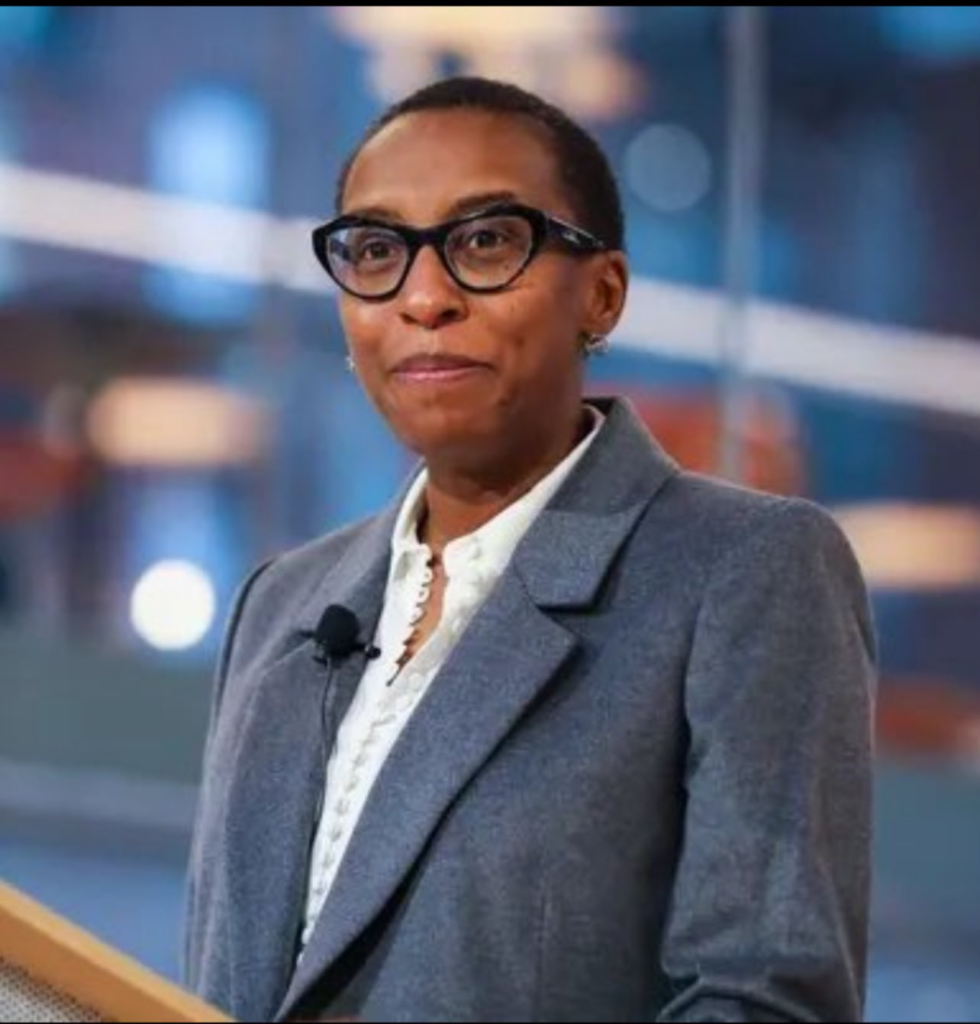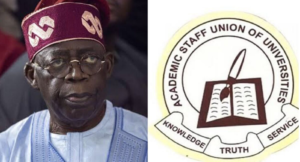
Harvard University President Claudine Gay has resigned after facing mounting controversies, including allegations of plagiarism and criticism over her testimony at a congressional hearing on antisemitism. Gay, who became the first Black woman to lead Harvard, stepped down just six months into her tenure, making her the shortest-serving president in the university’s history.
The resignation comes in the wake of a firestorm of criticism related to numerous allegations of plagiarism in Gay’s academic career, including her Ph.D. thesis. Despite the Harvard Corporation initially expressing confidence in Gay, additional instances of “duplicative language without appropriate attribution” were discovered, prompting her to update her dissertation.
Gay’s widely criticized appearance at a congressional hearing in December, where she and two other university presidents struggled to address questions about threats to Jewish students on campus, further fueled the controversy. The presidents’ equivocal responses drew condemnation, with the incident even becoming the subject of a Saturday Night Live sketch.
In her resignation statement, Gay expressed a deep love for Harvard but acknowledged that stepping down was in the best interests of the institution amid the ongoing challenges. The Harvard Corporation, while accepting her resignation, thanked Gay for her commitment and resilience in the face of criticism, condemning the “repugnant and racist vitriol” directed at her.
Provost Alan Garber will serve as interim president until a replacement is found. Gay’s departure marks the second Ivy League president to resign within a month following the congressional hearing. The controversies surrounding Gay have sparked reactions from both conservatives celebrating her resignation and supporters expressing lament.
The fallout from the congressional hearing has not only led to Gay’s resignation but also impacted the presidency of Liz Magill of the University of Pennsylvania, who resigned in early December. Critics argue that Gay’s departure signifies a broader challenge to higher education, while others view it as a victory for right-wing forces.
The House Committee on Education and the Workforce, which conducted the hearing, continues to investigate Harvard’s handling of the plagiarism allegations. Congressional representatives, including Harvard graduate Congresswoman Elise Stefanik, have welcomed Gay’s resignation, accusing higher education of falling captive to political activism.
The controversies surrounding Gay’s tenure at Harvard have highlighted the challenges faced by university leaders in navigating complex issues such as antisemitism and academic integrity.






Be First to Comment